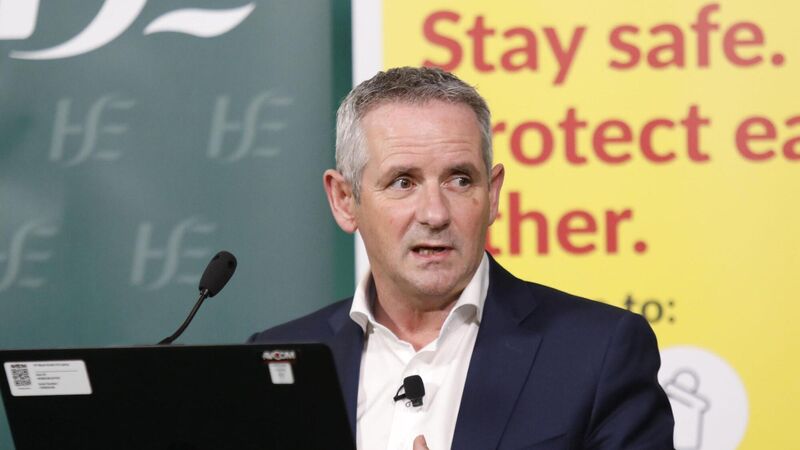Paul Reid: Covid-19 has put the HSE in 'a better place'

HSE CEO Paul Reid said the pandemic has brought about a change in the HSE’s approach to perennial problems like waiting lists. Picture: Leon Farrell / Photocall Ireland
The head of the HSE has said that Covid-19 has ironically put the HSE “in a better place” due to the change in focus the disease has necessitated.
Speaking at the Oireachtas Health Committee, chief executive Paul Reid said the pandemic has brought about a change in the HSE’s approach to perennial problems like waiting lists and bed backlogs.










